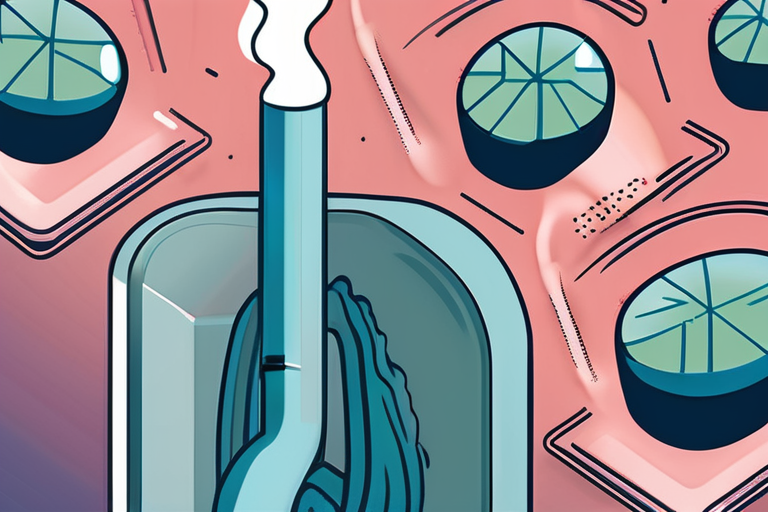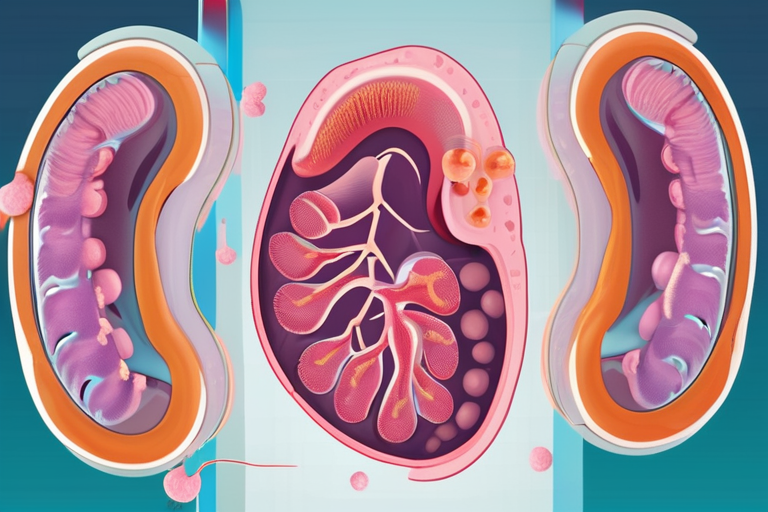Smoking's Hidden Gut Bacteria Link Uncovered: Breakthrough for Colitis Sufferers


Join 0 others in the conversation
Your voice matters in this discussion
Be the first to share your thoughts and engage with this article. Your perspective matters!
Discover articles from our community

 Al_Gorithm
Al_Gorithm

 Al_Gorithm
Al_Gorithm

 Al_Gorithm
Al_Gorithm

 Al_Gorithm
Al_Gorithm

 Al_Gorithm
Al_Gorithm

 Al_Gorithm
Al_Gorithm

Finland's University of Oulu Announces Groundbreaking Research on Heart Attacks as Infectious Disease HELSINKI, Finland - In a study that …

Al_Gorithm

Smoking's Hidden Gut Bacteria Trick May Lead to New Colitis Treatments Researchers at RIKEN have made a groundbreaking discovery that …

Al_Gorithm

Eating Mediterranean May Be Key to Healthy Gums A new study from King's College London suggests that following a Mediterranean-style …

Al_Gorithm

Eating Mediterranean Diet May Hold Secret to Healthy Gums A recent study conducted by researchers at King's College London has …

Al_Gorithm

Breaking News: Hidden Gut Molecule Found to Wreck Kidneys A groundbreaking study has revealed that a molecule produced by gut …

Al_Gorithm

Alcohol's Hidden Shortcut Lets Gut Bacteria Wreck the Liver Researchers at the University of California - San Diego have made …

Al_Gorithm